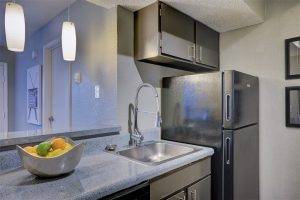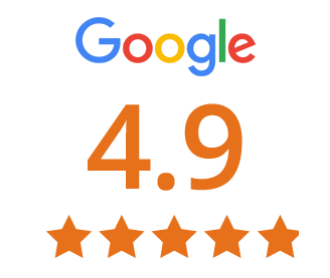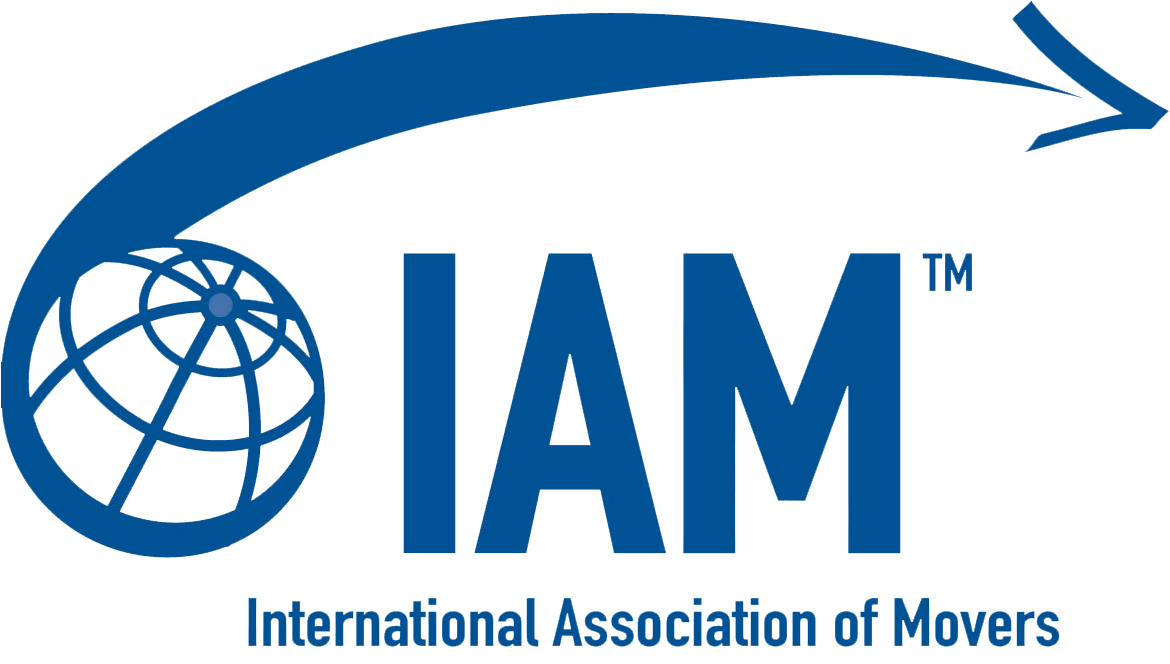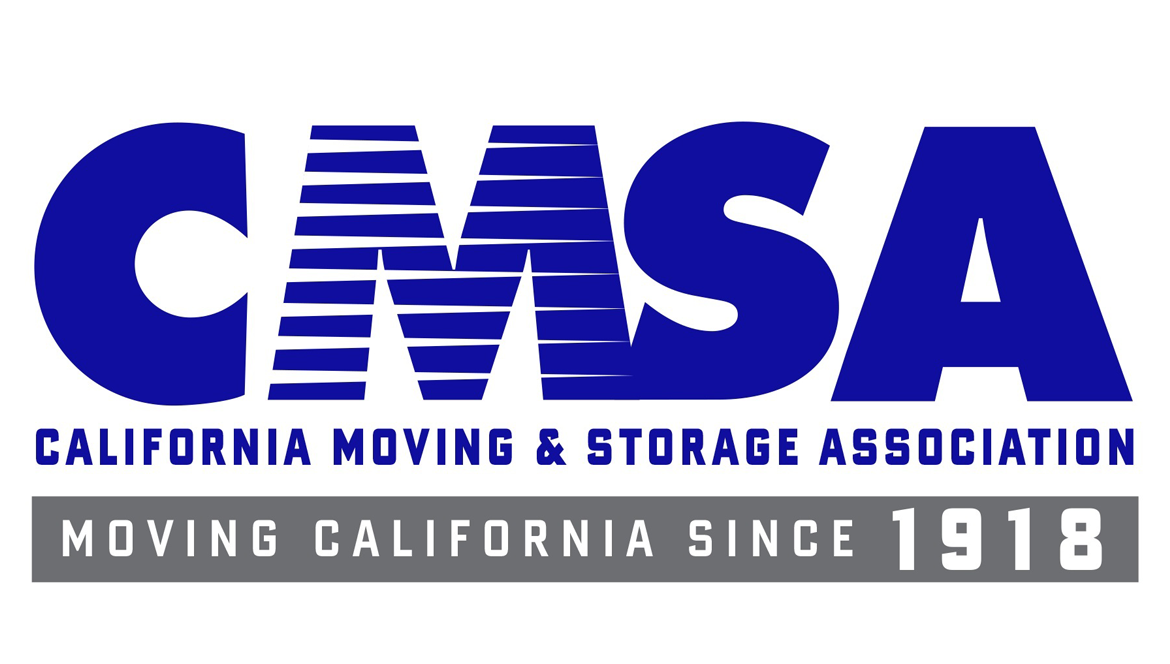The choice of renting or buying is a serious decision to consider and may be the most important for a prospective first-time homeowner.
You are ready to rent or buy your first house. You have paid your deposit or you have finalized an offer and are getting ready to move into your new house. This is an exciting time and there is much to learn for a first-time homeowner. Settling in, making improvements, and decorating are very enjoyable and make a space feel more like home. Taking care of your house is only part of the equation when it comes to completing a first-time home buying checklist. Buying your first house is a big deal and can be the best investment you can make.
Renting vs Buying

A big question you must first ask is whether you are going to rent or buy. Buying can be a great investment, but like all savvy investors, you must do your research. If you are not financially secure enough to take on the responsibility of a mortgage payment, or the area you want to live in has declining home values, renting may be a smarter option. The choice of renting or buying is a serious decision to consider and may be the most important for a prospective first-time homeowner. Consider costs like the taxes, property values, and the outlook for the future when considering the area you are looking into. Being close to work, having a quality school system, and how safe the neighborhood is are all important factors to consider. If you are moving to a new area, like a new city out of state, you’ll probably want to try renting to familiarize yourself with the area. This will mean you get to learn about the area before you invest in owning a house there.
First-Time Home Buying 101
Being prepared financially may be the most important aspect to consider when looking to become a first-time homeowner. Make a record of how much you spend during any given month and add how much you will spend in your new house. Find out how much you will spend on utilities, and rent and add your current expenses to see what kind of budget you will be looking at. As a new homeowner with a mortgage, use credit cards only as a last resort to cover emergencies. Credit card debt can accumulate quickly and bury your financial situation. Being frugal with your wants and covering your needs is how you successfully keep your finances straight, your credit strong, and your mortgage paid on time. Proper savings and adequate income are crucial for being able to afford moving into your new house and being able to afford your monthly mortgage payments.
Things New Homeowners Need to Buy
Here is a list of essential items a first-time homeowner may need for their new house:

- Lawnmower
- Gardening tools
- Snow shovel
- Barbecue
- Washer & dryer
- Refrigerator
- Towels
- Cutlery
- Silverware
- Dishes
- Spices
- Pots & pans
- Glasses and cups
- Measuring cups & spoons
- Coffee maker
- Microwave
- Cooking utensils
- Scissors
- Tables
- Lamps
- Furniture
- Clothes hangers
- Television
- Hammer
- Screwdrivers
- Wrenches
- Flashlight
- Blankets & pillows
- Vacuum
- Broom & dustpan
- Mop & bucket
- Toilet plunger & brush
- Trash can
- Decorative art
- Bed
- Clock
- Extension cords
- Computer
- Radio
Making Your New Home More Energy Efficient
After you move into your new house, you can cut energy costs by improving the energy efficiency of your new living space. Buying and installing a programmable thermostat is a great way to cut down on your heating costs. If you haven’t already, purchase low energy lighting solutions such as LED and CFL. A switch to more efficient lighting can save you over $100 dollars a year.
Understanding Homeowner Insurance
Homeowners insurance isn’t a requirement, but your mortgage lender can make you have insurance while you are borrowing from them. Homeowners insurance covers primarily unforeseen repairs to your house caused by weather, fire, and other events. Your possessions are often protected and can be replaced in the event of loss or damage. Homeowner’s insurance often covers liability insurance and pays some or all costs from personal injury and liability issues. If you only have the standard level of insurance, you likely have coverage for your house, garage, living expenses, stolen or damaged items, liability coverage, and medical expenses. Make sure you read the fine print of any homeowner’s insurance policy to know what will be covered and what will not if any damages or theft occurs. Be certain you have a monthly payment and deductible you can afford should you have to file a claim. A policy that costs too much or has too high of a deductible is as good as useless for you in the event an unexpected situation.
Hire a Moving Company
Professionals have years of experience that make them better equipped to prevent damage and optimize available time during a move. If you remove heavy furniture, pack properly, and declutter your house, you will drastically cut down on the cost of hiring movers. Moving companies can also offer long or short-term storage options if you need to store some items.


